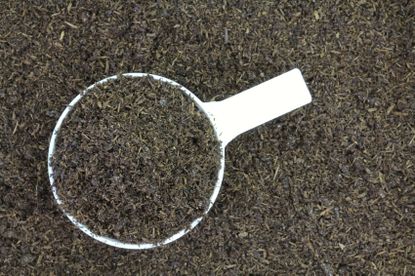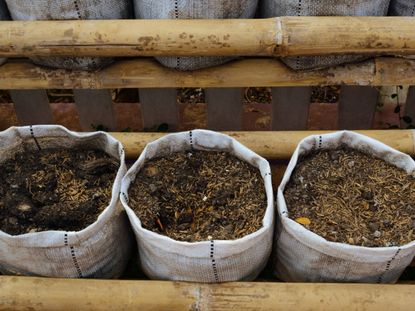Composting
Composting is the way to turn your kitchen and garden scraps into pure gold for your garden. The payoff is huge, but it does take some know how to get it right. We've got vermicomposting, compost use and maintenance, manure composting, and what you can and can't add to your compost pile.
Explore Composting
-
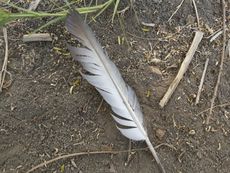
Can You Compost Bird Feathers: How To Compost Feathers Safely
Given enough time, things you may consider "garbage" can be turned into pure gold for your garden. We've all heard of composting kitchen scraps and manure, but one compostable you may not think of right away is bird feathers. Learn more here.
By Liz Baessler
-
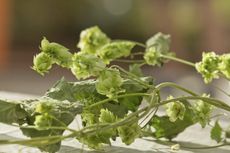
Tips On Composting Spent Hops – Adding Used Hops In Compost
Can you compost hops plants? Composting spent hops, which are nitrogen-rich and very healthy for the soil, really isn't all that different from composting any other green material. Learn about composting hops plants in this article.
By Mary H. Dyer
-
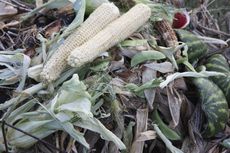
Composting Corn Cobs And Husks – Learn How To Compost Corn Plants
Composting corn cobs and husks is a sustainable process of turning garbage-bound kitchen leftovers into garden-rich nutrients for your plants. Learn more about how to compost these items for maximum success using the information found in this article.
By Victoria Blackstone
-
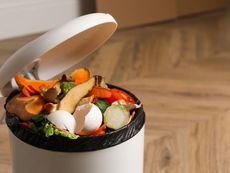
How To Reduce Food Waste In Landfills By Composting
Click here to learn how to reduce food waste in landfills by composting as well as info on what happens to food in landfills.
By Amy Grant
-
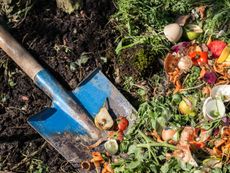
In-Garden Composting Techniques And Tips
Click here to learn how to compost directly in the garden as well as some in-garden compost techniques.
By Bonnie L. Grant
-
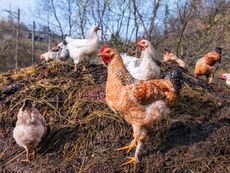
How To Use Fresh Chicken Manure In The Garden
Click here to learn about how and when to safely use fresh chicken manure as fertilizer in the garden.
By Laura Miller
-
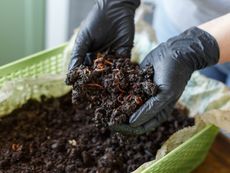
Worm Farming Guide For Indoor Gardeners
Using kitchen scraps to feed an indoor worm farm is a win-win. Click here to learn how to create and maintain one.
By Bonnie L. Grant
-
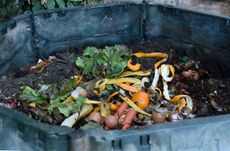
What Is Drunken Composting – How To Make Drunken Compost
More and more of us are composting, but the time it takes to turn into something usable may seem like an eternity. That’s where drunken composting comes into play. What is drunken composting? Yes, it has to do with beer – kind of. Learn about this compost accelerator here.
By Amy Grant
-
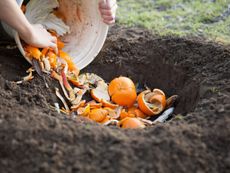
How To Make Compost In-Ground
Do you feel guilty throwing kitchen scraps in the trash? There’s a way to compost without big piles – burying it! Click to learn more.
By Laura Miller
-
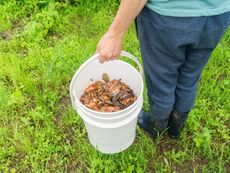
How To Compost In A 5 Gallon Bucket
Is it possible to make compost in a bucket? Click here to learn about making compost in a space as small as a five gallon bucket.
By Laura Miller
-
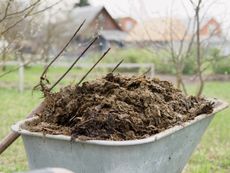
Manure Tea On Crops: Making And Using Manure Fertilizer Tea
Using manure tea on crops is popular in many gardens. Manure tea, like compost tea, enriches the soil, adding vital nutrients for healthy plant growth. Let's look at how to make manure tea in this article.
By Nikki Tilley
-
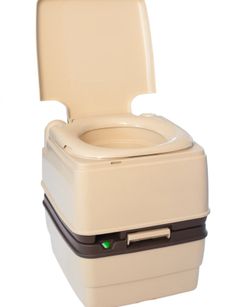
Composting Toilets - The Advantages And Disadvantages Of A Composting Toilet
Using composting toilets can help reduce water usage. This type of toilet consists of a well-ventilated container that houses and decomposes human waste. Read this article for more information.
By Nikki Tilley
-
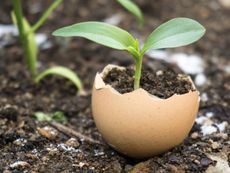
Garden Recycling: Using Garbage To Make Your Plants Grow Better
Composting is a great way to reuse "garbage" that would otherwise be thrown away. This article takes a look at some common items around the home that can be recycled in the garden.
By Stan V. Griep
-
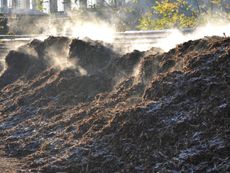
My Compost Is Too Hot: What To Do About Overheated Compost Piles
The optimum temperature for compost to process is 160 degrees Fahrenheit (71 C). In sunny hot climates where the pile hasn't been turned recently, higher temperatures can happen. Can compost get too hot? Find out here.
By Bonnie L. Grant
-
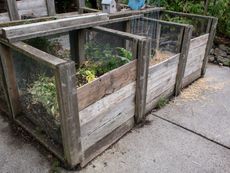
Composting Structures: Learn About Turning Units For Composts
Turning units for compost need to have a way to mix the organic material. These may be barrel units or simple 3-bin units. Composting structures such as these can be built by even a novice as long as looks aren't important. This article will help.
By Bonnie L. Grant
-
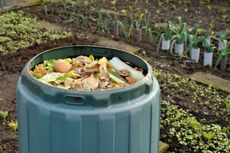
Keeping Compost Bins Clean: How To Clean A Compost Bin
By Mary Ellen Ellis
-
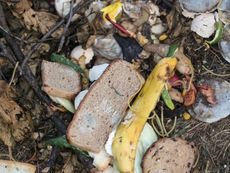
Can Bread Be Composted: Tips For Composting Bread
Among many compost enthusiasts, whether or not to compost stale bread is a topic of debate. While those against it will insist that adding bread to compost will needlessly attract pests to your pile, other composters disagree. Click here to learn more.
By Tonya Barnett
